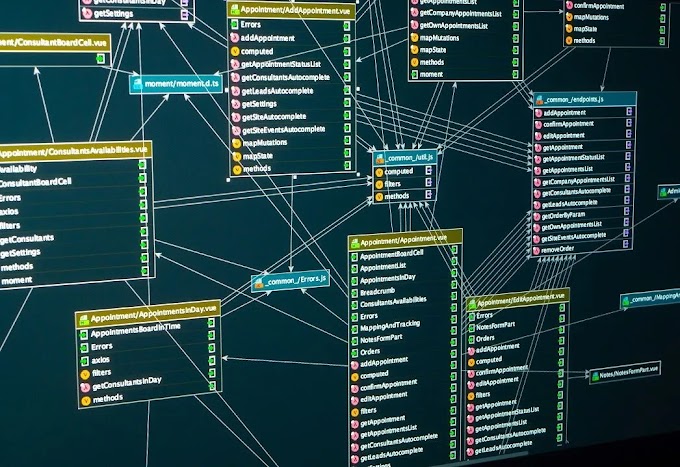Introduction:
Web hosting is a critical component of running a successful blogging site. It provides the infrastructure and resources necessary to keep your site online and accessible to visitors. In this article, we'll discuss what web hosting is, how it works, and the different types of web hosting available for your blogging site.
What is web hosting?
Web hosting is a service that provides the resources necessary to store and publish your website online. When you create a website, the files and data that make up your site need to be stored somewhere. Web hosting providers offer servers designed to store these files and make them accessible to visitors over the Internet.
How does web hosting work?
When a visitor accesses your website, their computer sends a request to your web hosting server. The server then responds by sending the requested files to the visitor's computer, which displays them in their web browser.
Web hosting providers typically offer a variety of hosting plans, each with different levels of resources and features. When you sign up for a web hosting plan, you're essentially renting space on the provider's server to store your website's files.
Types of web hosting:
There are several types of web hosting available, each with its own advantages and disadvantages. The type of web hosting you choose will depend on the size and complexity of your blogging site, as well as your budget and technical expertise.
1. Shared hosting:
Shared hosting is the most basic type of web hosting available. With shared hosting, your website is stored on a server along with many other websites. This means that you'll be sharing resources such as CPU, memory, and bandwidth with other sites on the same server.
Shared hosting is typically the most affordable option, making it a popular choice for new bloggers or those with small sites. However, shared hosting can be slow and unreliable, especially if your site experiences high traffic levels.
2. Virtual private server (VPS) hosting:
VPS hosting is a step up from shared hosting. With VPS hosting, your website is still stored on a shared server, but it's partitioned off into its own virtual environment. This means that you'll have dedicated resources such as CPU, memory, and storage that are not shared with other sites on the same server.
VPS hosting is typically more expensive than shared hosting, but it offers better performance and reliability. It's a good choice for bloggers with larger sites or those who expect to experience high levels of traffic.
3. Dedicated hosting:
Dedicated hosting is the most powerful and expensive type of web hosting available. With dedicated hosting, you'll have access to an entire server that is dedicated solely to your website. This means that you'll have complete control over the server's resources, and you won't have to share them with any other sites.
Dedicated hosting is ideal for bloggers with large sites or those who require maximum performance and reliability. However, it's also the most expensive option and requires a high level of technical expertise to manage.
4. Cloud hosting:
Cloud hosting is a relatively new type of web hosting that's gaining popularity. With cloud hosting, your website is stored on a network of servers instead of a single physical server. This means that your site can automatically scale up or down depending on traffic levels, and you'll have access to a wider range of resources.
Cloud hosting is typically more expensive than shared hosting, but it offers better performance and scalability. It's a good choice for bloggers who expect to experience high levels of traffic or those who require maximum uptime and reliability.
Conclusion:
Web hosting is a critical component of running a successful blogging site. By choosing the right type of web hosting for your site's needs and budget, you can ensure that your site is fast, reliable, and accessible to visitors around the world. Whether you're just starting out or have a large
and complex blogging site, there's a web hosting solution that's right for you. Consider the size and complexity of your site and your budget and technical expertise when choosing a web hosting provider. By doing so, you'll be able to provide a great user experience for your visitors, improve your search engine rankings, and ultimately achieve your blogging goals.






